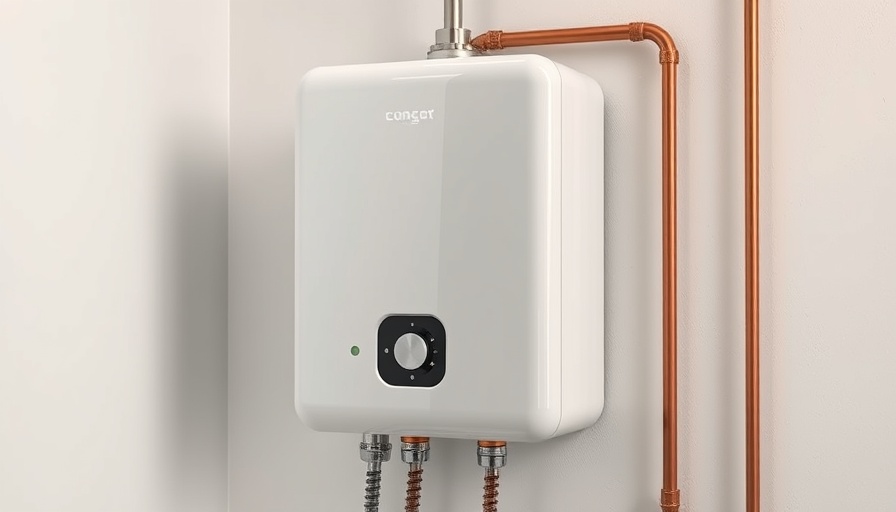
The Essentials of Understanding Water Heaters
Water heaters play an invaluable role in our daily lives, ensuring that we have hot water for showers, washing dishes, and laundry. But how many homeowners truly understand how these essential devices function? Understanding the inner workings of a water heater not only fosters appreciation for this device but also empowers homeowners to perform maintenance, troubleshoot issues, and make informed decisions about upgrades or replacements.
How a Water Heater Works: A Closer Look
A typical water heater consists of several vital components that work in unison to deliver hot water to your home. The most common types of water heaters are fueled by gas or electricity, although some modern units leverage solar energy. Regardless of the energy source, the primary operation involves heating water and storing it for use.
When discussing water heaters, the inner components reveal how they function. Key parts include:
- Tank: The storage tank, which holds varying capacities of water measured in gallons, is an essential part. It's crucial to select a size that meets your household's demands.
- Thermostat: This temperature control mechanism ensures that you can set and manage your desired water temperature effectively.
- Shut-off Valve: Located externally, this valve allows you to control the water flow, which can be particularly important during maintenance or in emergencies.
- Heat-out Pipe: Positioned atop the tank, this pipe facilitates hot water delivery to your faucets and appliances.
- Heating Mechanism: Whether powered by electricity or gas, this component heats the water efficiently, meeting your household needs during peak times.
- Pressure Relief Valve: Crucial for safety, this feature maintains appropriate pressure within the system and prevents dangers associated with excessive pressure buildup.
The Heating Process: Simplified
The heating process begins once you draw hot water, prompting the heating mechanism to activate. In an electric model, heating elements are submerged within the tank, while in a gas water heater, the burner ignites under the tank. As water heats, it rises to the top and exits through the heat-out pipe. This seamless flow ensures that you consistently have access to hot water whenever needed.
Maintenance: Key to Longevity
Understanding how your water heater operates equips you for essential maintenance practices. Regular checks of the pressure relief valve, thermostat settings, and cleanliness of the heating elements can extend the appliance's lifespan significantly. Additionally, flushing the tank every six months to remove sediment buildup can drastically improve efficiency, providing peace of mind and saving on utility costs.
Common Misconceptions About Water Heaters
Many homeowners may be unaware of some common myths surrounding water heaters. For instance, not all models require frequent maintenance, and the belief that higher prices assure better quality is misleading; expertise in installation and proper use is often more impactful than the initial investment. Gaining more knowledge about water heaters could lead homeowners to make better maintenance decisions and upgrade choices.
Future Insights: Renewable Energy and Water Heating
As we look to the future, it's important to recognize the trend towards renewable energy sources in home appliances. Technological innovations in water heating suggest solar-powered units will become more common in residential settings, allowing homeowners to cut costs and reduce their ecological footprints. Being aware of these advancements not only keeps homeowners informed but also inspires proactive steps toward a more sustainable lifestyle.
In conclusion, a deeper understanding of how water heaters work enriches the homeowner experience. By grasping the intricacies of this appliance, maintenance becomes more manageable, and you are better equipped to face challenges with confidence. As technology progresses, staying informed about options like solar energy can lead you to choose solutions that are beneficial for both your home and the environment.
To maximize your home's efficiency and sustainability, consider exploring the latest advancements in water heating technology. Upgrade your system, or delve into DIY maintenance techniques for a practical approach to home improvement.
 Add Row
Add Row  Add
Add 




Write A Comment